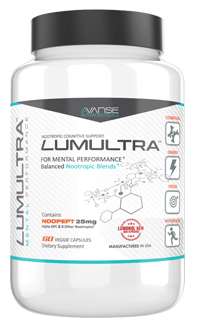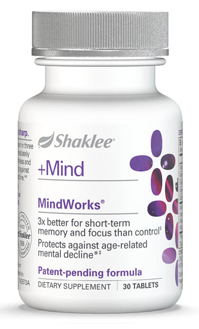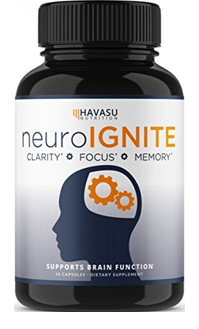Neuro diseases and neurological disorders are increasing at an alarming rate globally. While it was generally the elderly who used to suffer from such conditions, their prevalence is consistently rising even among people in their 30s and 40s.
Physical injuries, environmental factors, genetics, infections, nutrition-related problems, and lifestyle are some of the most common causes of these conditions. Fortunately, the medical sciences too have progressed greatly in the past few years and there are now effective treatments for many neuro diseases.
But what are neurological disorders? What are their types, symptoms, research and treatment? Here’s everything you need to know.
What Are Neuro Diseases?
Neuro disease and neurological disorder are umbrella terms that apply to conditions that are caused by any kind of disfunction in any part of the nervous system, including the brain, spinal cord, or other nerves. These conditions then result in many different types of psychological and/or physical symptoms.
Nervous system diseases have different causes, outcomes, types, symptoms and treatment. While many of the disorders can be effectively treated, a lot of them also require life-long management.
What Are the Different Types of Neurological Disorders?
Currently, there are more than 600 different types of known neurological disorders. They can be divided into different categories based on the primary location that they affect, cause, and dysfunction type.
Some of the common types of neuro diseases are:
- Brain Damage:This includes frontal lobe damage, temporal lobe damage, parietal lobe damage and occipital lobe damage
- Brain Disfunction: This includes dysgraphia, aphasia, apraxia, dysarthria, amnesia and agnosia
- Neuropsychiatric Disorders:These include autism, attention deficit hyperactivity, Alzheimer’s disease, Parkinson’s disease, Tourette’s syndrome, essential tremor and multiple sclerosis
Other types of neuro diseases may include:
- Spinal Cord Disorders
- Sleep Disorders
- Seizure Disorders
- Cranial Nerve Disorder
- Peripheral Neuropathy
- Movement Disorders
- Migraines
- Lower Back or Neck Pain
Symptoms of Neuro Diseases
The symptoms of a nervous system disease can vary considerably based on the disorder and the part of the body that is affected by the condition. Several disorders result in physical symptoms, while many others cause emotional symptoms.
Physical Symptoms
- Seizures
- Complete or partial paralysis
- Muscle weakness
- Unexplained pain
- Difficulty in writing or reading
- Difficulty in remembering
- Reduced alertness
Emotional Symptoms
- Mood swings
- Delusions
- Depression
- Sudden outbursts
Research and Treatment of Neuro Diseases
The most important concern for anyone diagnosed with a neuro disease is whether they can be fully treated. For a lot of neurological conditions, there are now treatments with high success rate. However, there are a few conditions that require life-long care and management.
There are now many different types of treatments for neurological disorders. Some popular treatments are:
- Cognitive Therapy Treatments
- Medications
- Physiotherapy
- Surgical Treatment
- Pain Management
- Neurorehabilitation
Irrespective of whether you are already suffering from a neurological disorder or have recently started observing any of the symptoms, you should know that professional help is now available. With the help of professional assistance, such conditions can now be fully treated or at least you can know how to manage them better.
Look for reputed treatment facilities which specialize in neurological treatments in order to further improve the chances of successful treatment. Also, note that in a lot of neurological conditions, timing is of essence. So, if you or someone in your family or friends are noticing any symptoms that resemble the symptoms of a neuro disease, get in touch with a medical professional without any delays.










